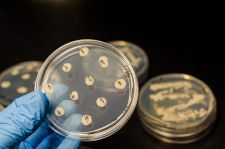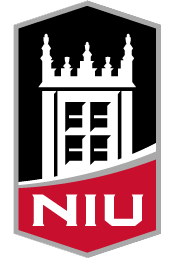By Chris Groke, PharmD, BCPS, BCIDP
LEARNING OBJECTIVES
Upon completion of this article, the reader will be able to:
- Discuss the history of the discoveries and warnings of antibiotic use.
- List the agencies and organizations involved in the development of antibiotic stewardship programs.
- Identify the top microorganisms and antibiotics that contribute to AMR.
- Discuss the advances in antimicrobial laboratory testing and therapies and how they contribute to combatting AMR infections.
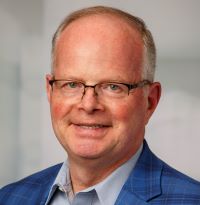
Chris Groke, PharmD, BCPS, BCIDP serves as a Senior Medical Science Liaison for bioMérieux US Medical Affairs Division. His background is an Infectious Diseases Clinical Pharmacist with over 35 years of pharmacy practice and management in many health-systems. His Doctor of Pharmacy is from the Medical University of South Carolina, and his Bachelor of Science is from Auburn University Harrison College of Pharmacy.
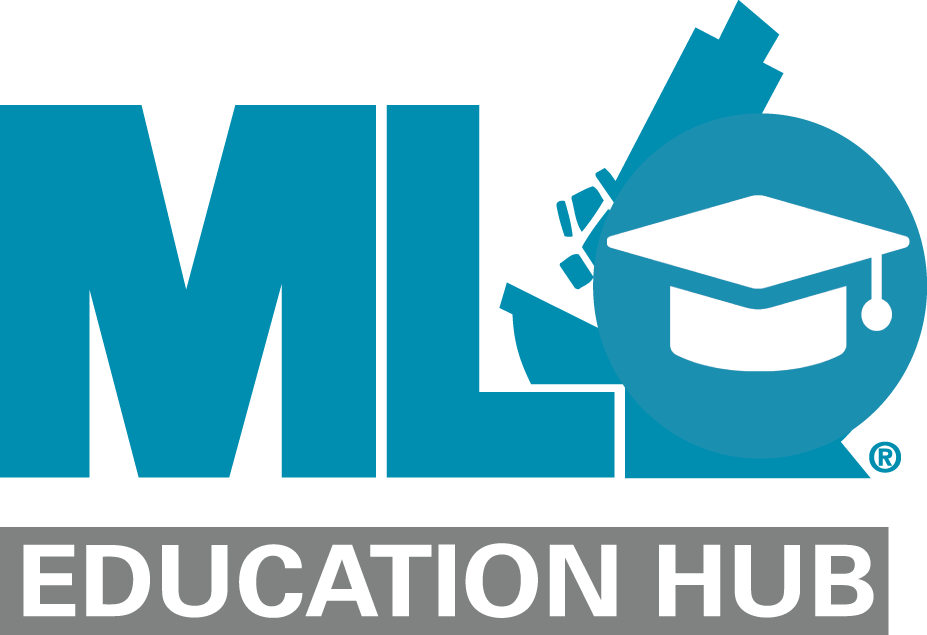
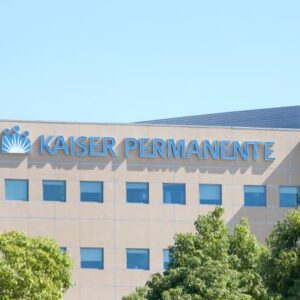 Test smarter, not harder: Boosting quality and reducing avoidable costs through laboratory stewardship
Test smarter, not harder: Boosting quality and reducing avoidable costs through laboratory stewardship 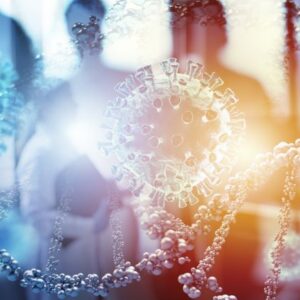 Beyond the bench: How artificial intelligence is redefining respiratory pathogen diagnostics in the clinical laboratory
Beyond the bench: How artificial intelligence is redefining respiratory pathogen diagnostics in the clinical laboratory  Evolving paradigms in diabetes diagnosis and classification
Evolving paradigms in diabetes diagnosis and classification 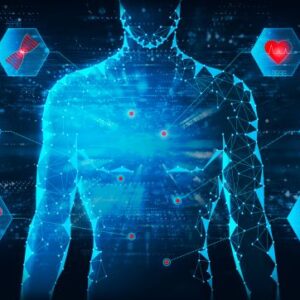 Cancer biomarker types and clinical applications
Cancer biomarker types and clinical applications 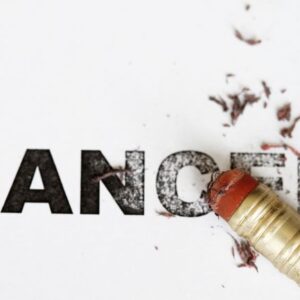 Advancements in techniques and technologies in oncology
Advancements in techniques and technologies in oncology 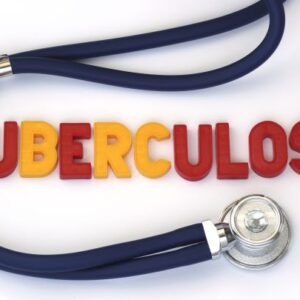 Why we should all care that "Everything is Tuberculosis," and what we can do about it
Why we should all care that "Everything is Tuberculosis," and what we can do about it  Better testing strategies are needed for congenital CMV
Better testing strategies are needed for congenital CMV  Emerging uses of handheld blood gas analyzers
Emerging uses of handheld blood gas analyzers 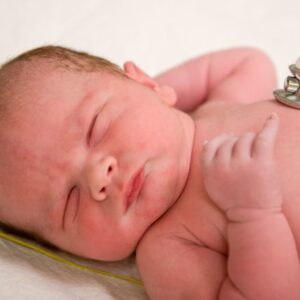 New approaches for cost-effective universal cCMV testing
New approaches for cost-effective universal cCMV testing 